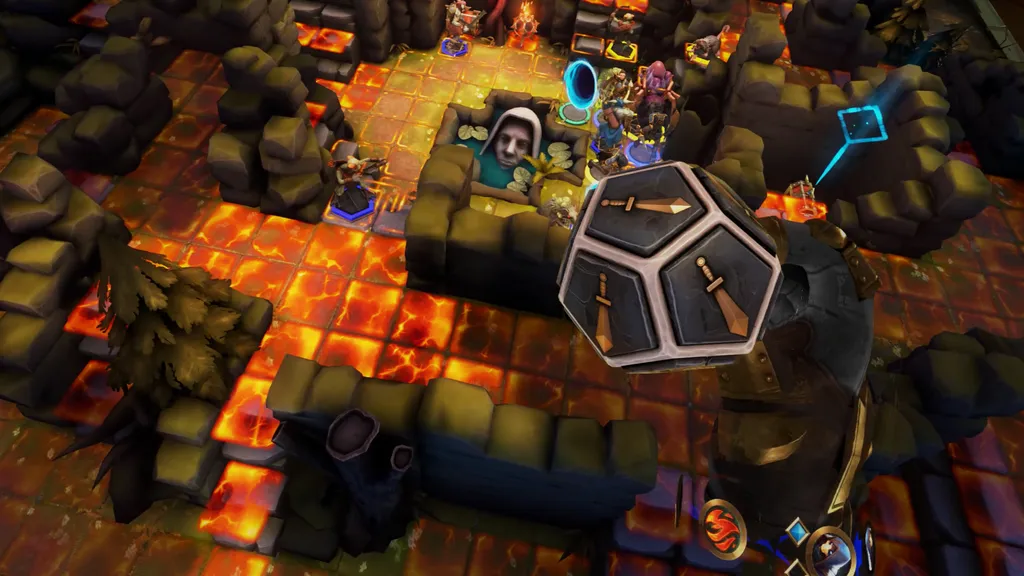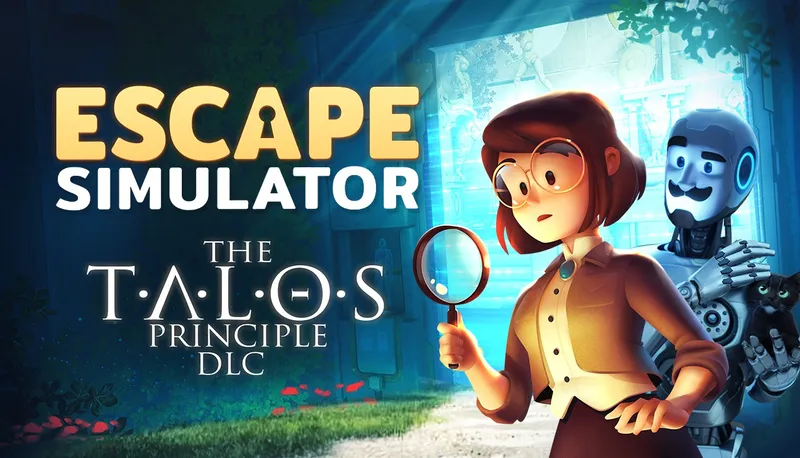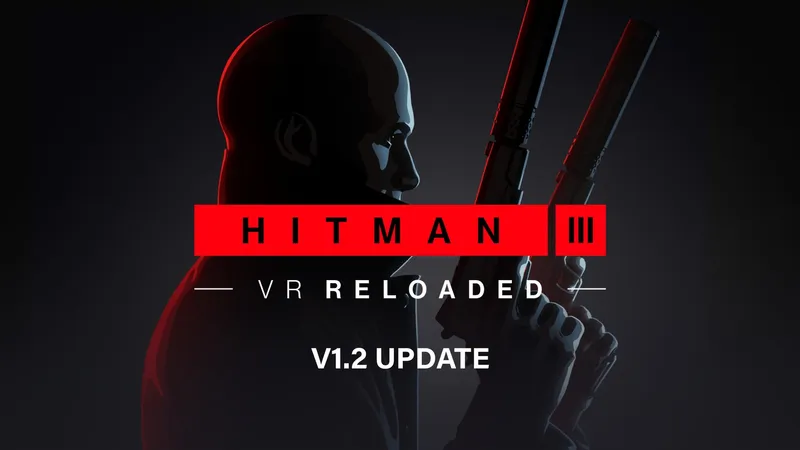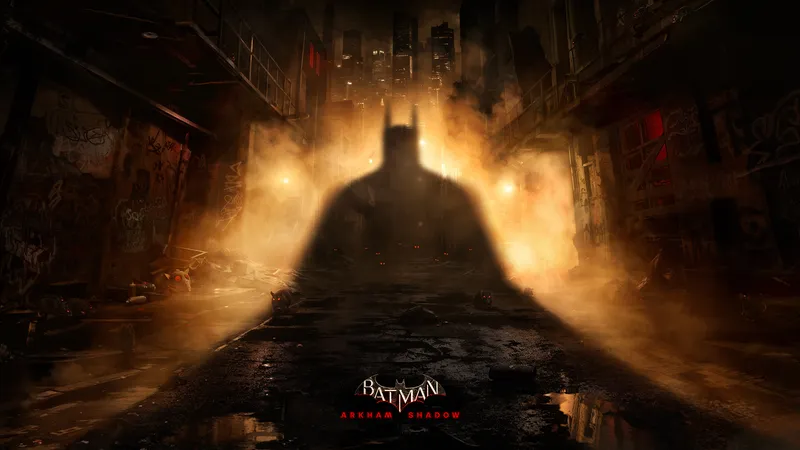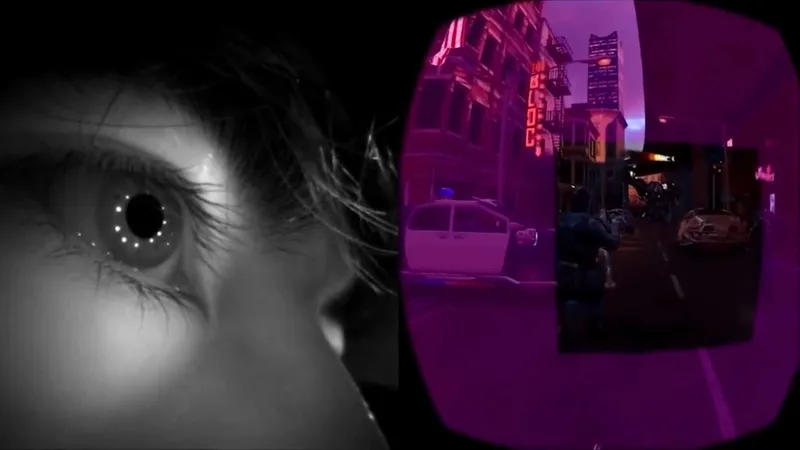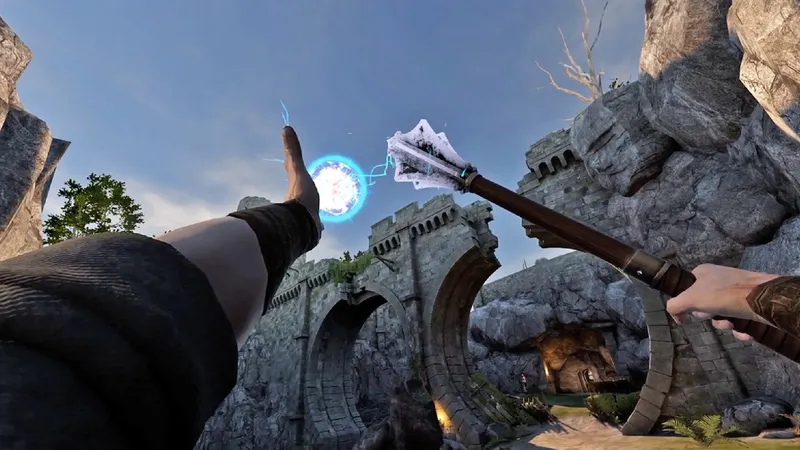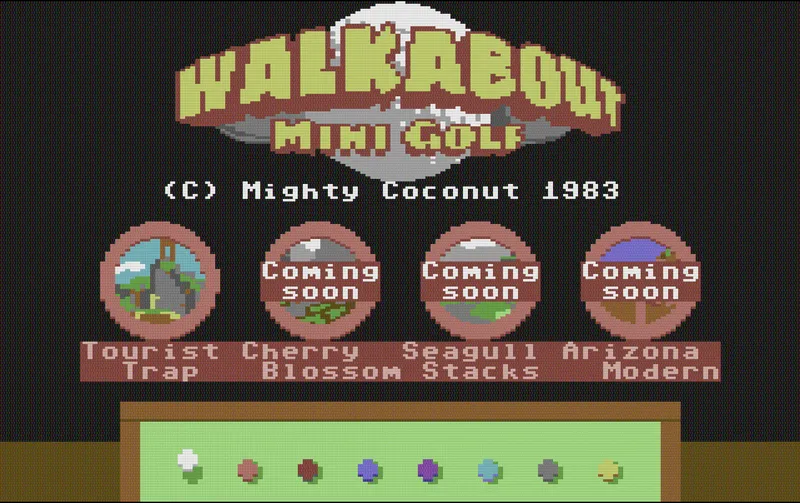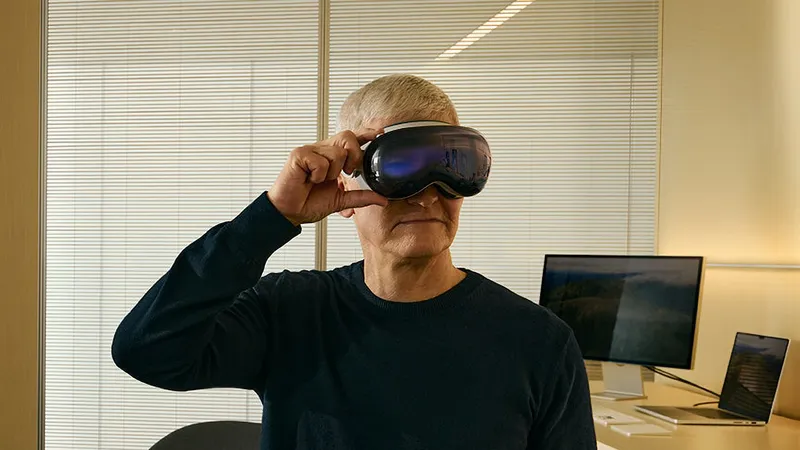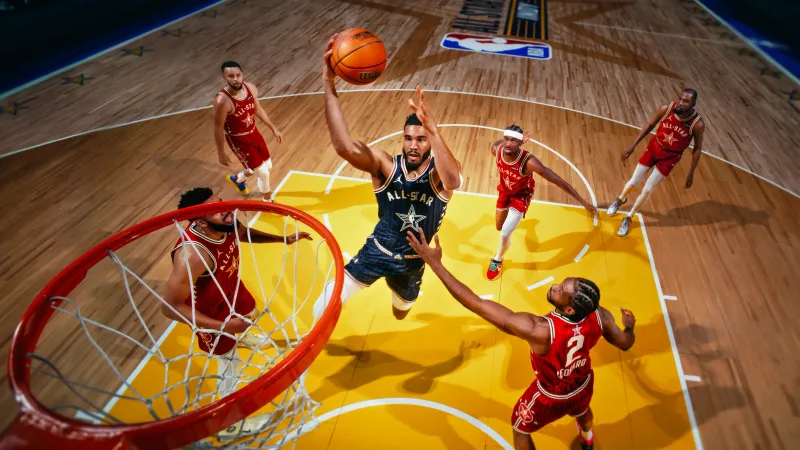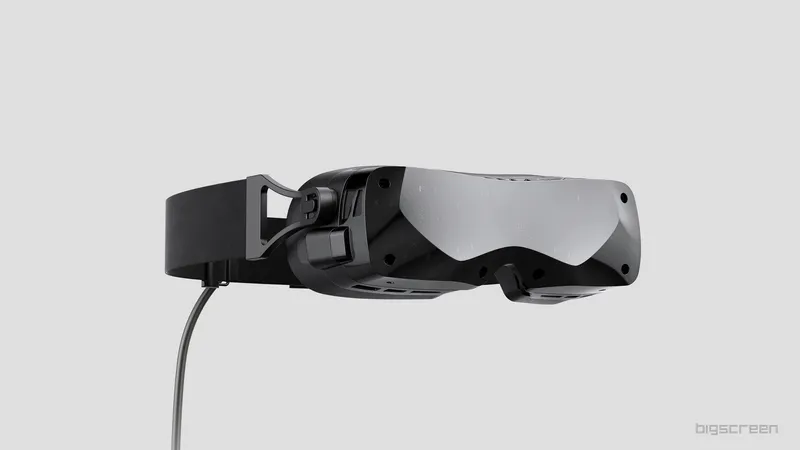When it released in 2021, we named Demeo our Game of the Year across all VR platforms.
Though the cooperative experience was still in its early days, the core offering was such a thrilling, perfect execution of social VR that it was the obvious pick. While it presented an interesting VR adaptation of a turn-based tabletop dungeon crawler, it was the experience of playing around a virtual game board with friends that pushed it over the edge.
Demeo Battles is a new entry in the franchise, offering the same core foundation but with a different, competitive-based ruleset. Sitting in the shadow of Demeo, the biggest question is clear: does Battles do enough to justify being its own release?
What is it?: A competitive PvP spin-off of Demeo that sees 1-4 players go head-to-head in short 10-15 minutes matches.
Platforms: Quest, SteamVR (Review conducted on Quest 3)
Release Date: Out now
Developer: Resolution Games
Price: $19.99
Going Into Battles
In the two years since release, Resolution Games has added several free content expansions to Demeo that add entirely new campaigns at no added cost. The team's continued commitment to supporting existing players, while also expanding onto new platforms like PC and PSVR 2 (and soon, Apple Vision Pro) is impressive.
Resolution Games initially announced Battles as a PvP game mode coming to Demeo. Further down the line, however, the team instead pivoted plans towards Battles, an entirely standalone release that would arrive separate to the core Demeo title. Available today as a paid release, Demeo Battles sees Resolution Games begin to expand its newfound intellectual property into a budding franchise.
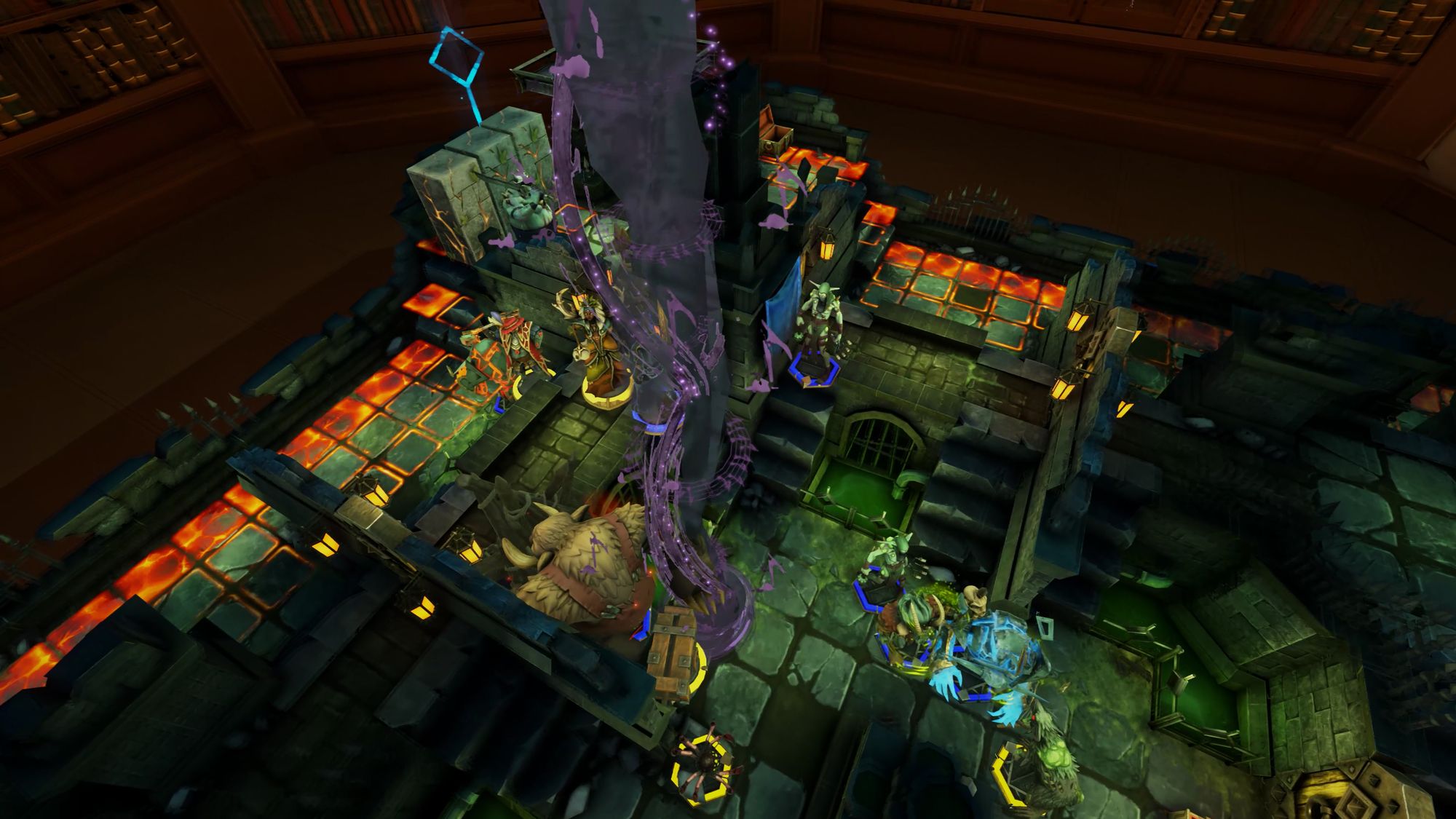
What's the same?
Demeo Battles takes the foundation of the co-operative dungeon crawler and spins it out into a new format, based around quick competitive matches. Instead of working together through campaigns, players will go head-to-head in shorter matches that last 10-15 minutes and support 1-4 players.
There's a lot of shared ground between Demeo and Demeo Battles – for those who have played Demeo before, a lot will feel familiar.
There's many of the same heroes from the base game, as well as cards, attacks, abilities and monsters. The core fundamentals remain: it's still a turn-based strategy game where you move hero figurines across the board each turn, roll dice for attacks or place cards on tiles to conjure effects or attacks.
The base controls, UI and general game systems are identical. Picking up the figurines, inspecting the cards in your palm, adjusting the board position – it all operates exactly the same as Demeo.
This also means that all of Demeo's best system-level integrations are present in Battles. Cross-platform play is supported between Quest and SteamVR, and for players on Quest headsets, Demeo's excellent mixed reality mode can be enabled in the settings. Hand tracking on Quest is also supported, just as it is in Demeo, along with local multiplayer for those playing together in the same physical space.
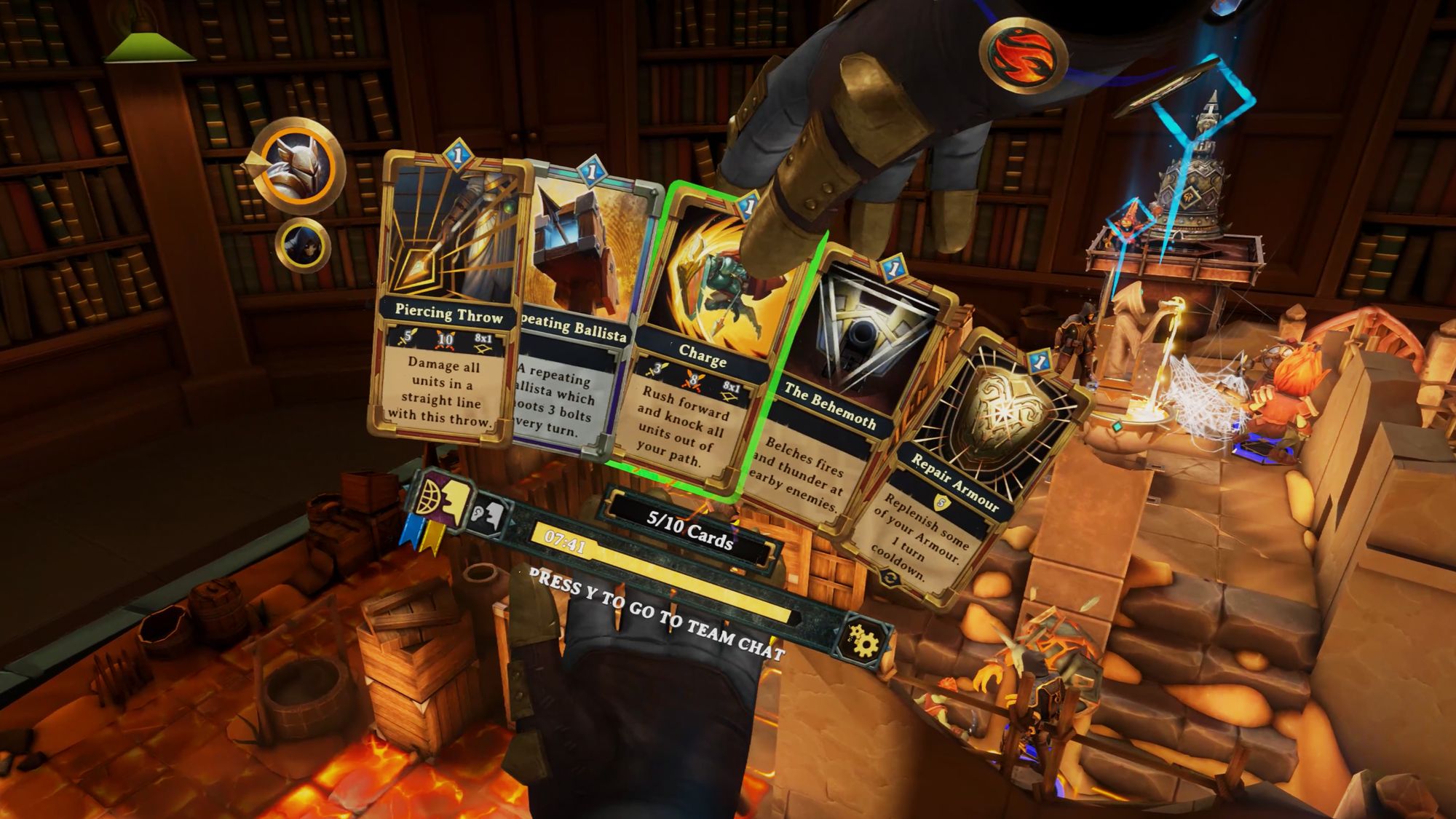
What's different?
With so much borrowed from Demeo, this might sound like Resolution Games is re-hashing previously-trod ground, but that's not the full story. Yes, a lot of the assets and core fundamentals of Demeo are being re-used here, but Resolution has also put in effort to create something new where it counts.
The maps carry over the fantasy settings established in Demeo's campaigns, but completely overhaul them with new layouts designed specifically for competitive play. This means the maps are smaller in scale compared to Demeo, which suits the new ruleset and shorter matches.
Other nice details include the giant bell present on each map, which, when rung, indicates the start of a match. There's also a beautiful new virtual environment surrounding the game board, providing a point of different from Demeo's basement setting. The menus are all tweaked and the game includes new pre and post-match sequences that adequately set the scene. There's just enough unique tweaks to make Battles feel a bit familiar and a bit distinct.
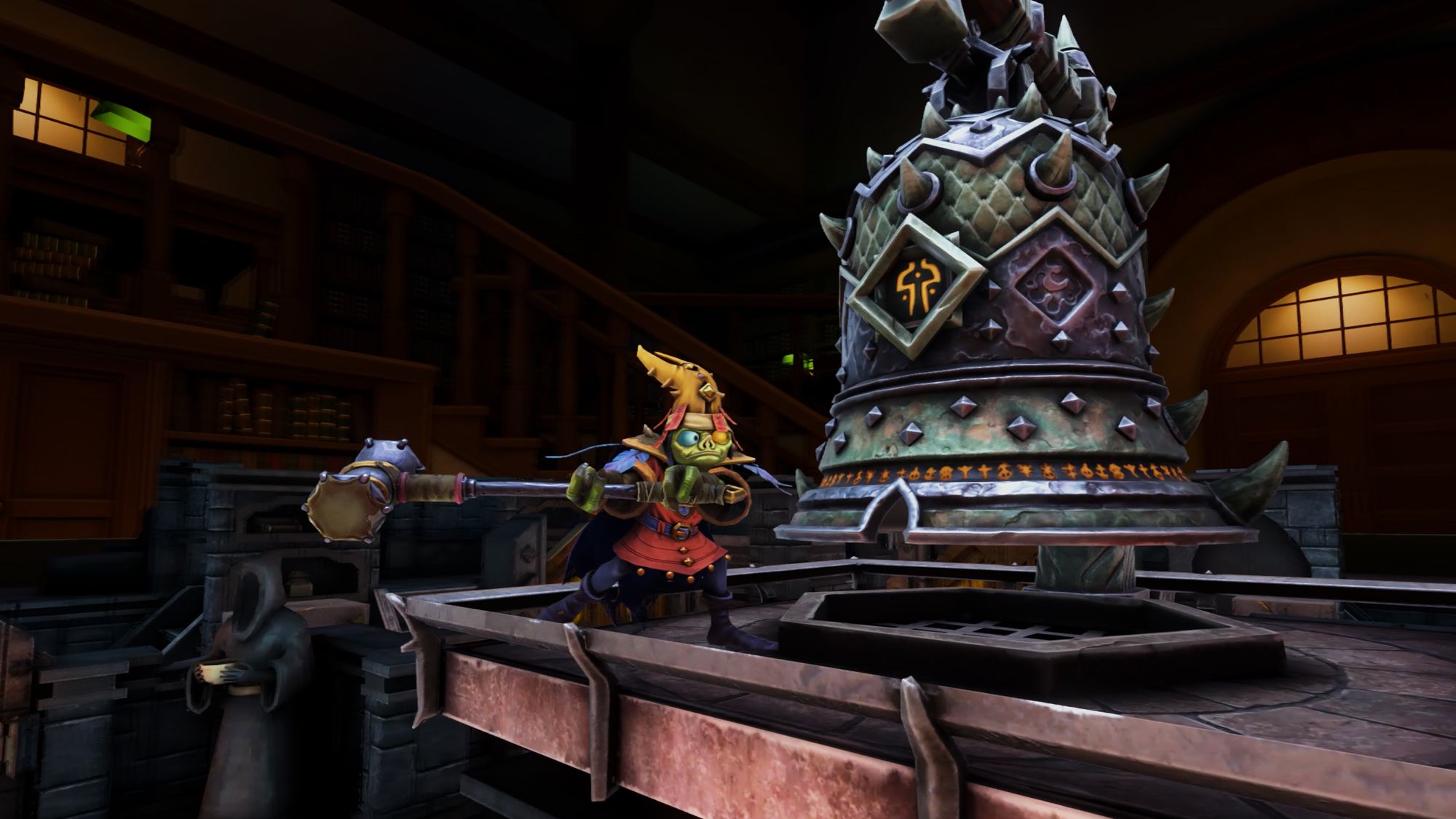
Going Head-To-Head
Players can join one of two teams during pre-match setup, with four available hero slots. When playing with four players, everyone controls a hero each. When it's just two players, each player can control both heroes on their team or opt to have an AI control one of them instead.
After selecting heroes, players are presented with a pre-match shop selection screen. You're granted a limited amount of coins to spend on resources for the match, in the form of ability cards or AI-controlled monsters who will fight on your team. You can divide up your cash however you wish – some resources are more expensive than others, so part of the strategy is how you invest between monsters and abilities, balancing them against your heroes' style of play.
Once all heroes and monsters are placed in the map's starting areas, the match begins. Just like Demeo, players spend two action points per turn, choosing between movement, card abilities or attacks. If a hero loses all health, they're downed. Each hero gets one automatic revival per match, restoring three health, but if they're downed again, that's that.
The first team to lose both heroes is declared the loser.
Those are the basics – it's Demeo, but adjusted to work for a player-vs-player format. The maps are smaller, the action quicker and the social thrills truncated down into something slightly more competitive. There's even a team chat button on your wrist, so you can discuss strategy with your teammate in private.
Other additions also spice up the formula – a minute-long turn timer speeds up the pace, as does a perimeter of lava that begins encroaching onto the map halfway through a match. Operating like the circle in a battle royale game, the lava starts on the map's outer edges and shrinks the safe area by a few tiles per turn, forcing players to engage as they move toward the center.
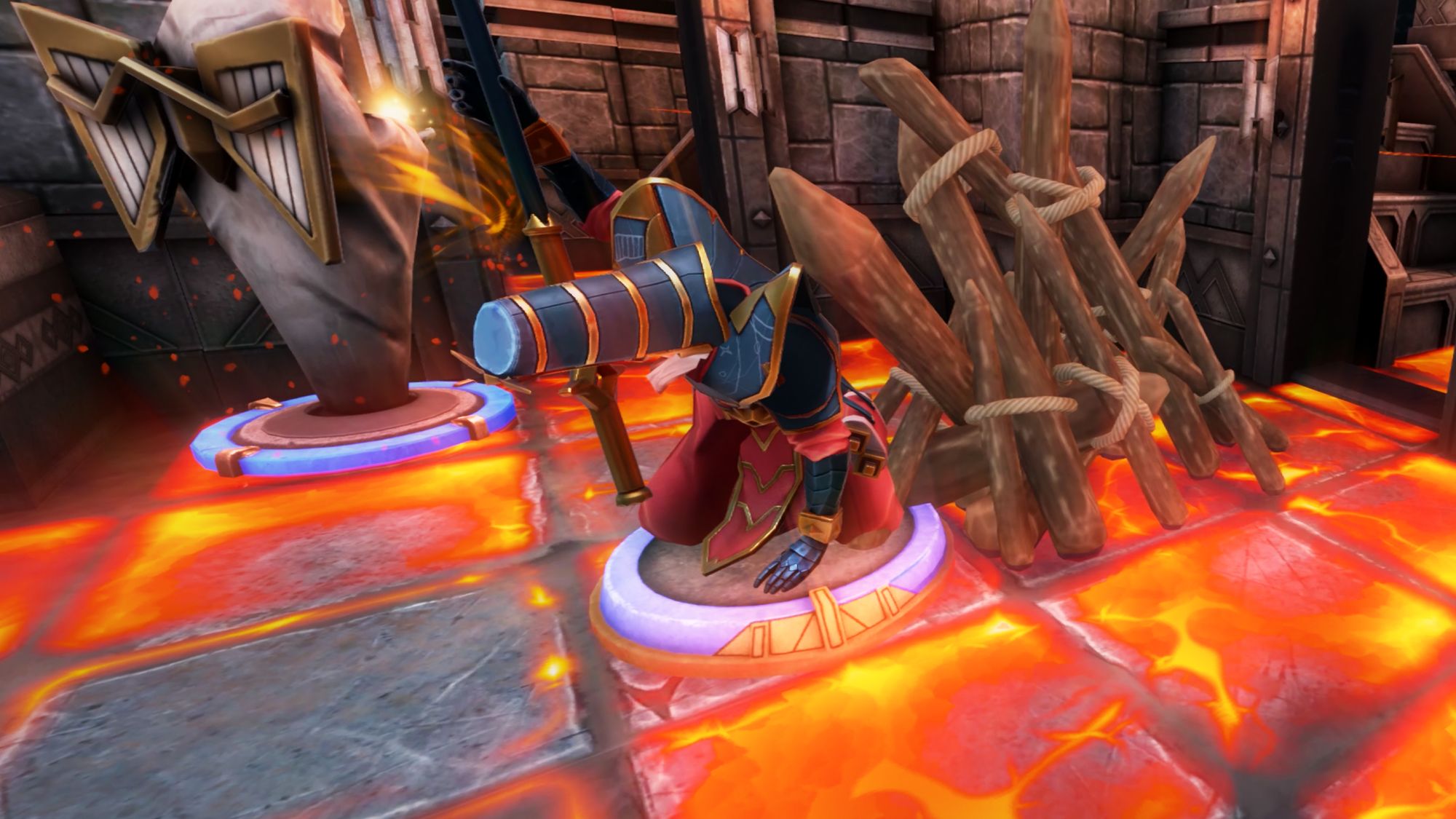
Does it work?
In a wide sense, absolutely. It would be easy to dismiss the format as just a variation on Demeo – which it is – but that undercuts just how engaging a match of Battles actually is.
The shorter length of a given match is a huge boon – it gives you the best parts of Demeo in a much tighter presentation. Demeo's core cooperative campaigns are fantastic, but they're also a big commitment. There's no such thing as a 'quick' game of Demeo. Battles scratches that itch, arguably presenting a version of the game that will be more immediately engaging to new players.
In terms of game modes, there's a quick play matchmaking option, as well as private match hosting for friends via room codes. There's also a greyed-out ranked mode listed in the menu, set to arrive at an undetermined point post-launch – specific details on the format remain unconfirmed.
If you don't want to play multiplayer, there is a single player option that presents a series of 'challenges' to work through. These are pre-determined scenarios, usually themed around a certain monster or obstacle, where you'll take charge of two heroes against a team of two others controlled by AI. It's the same Battles PvP format, just with some set parameters and monsters structured in an incredibly loose 'campaign' of challenges you unlock one after the other.
These challenges are perfectly enjoyable, but nonetheless a bit of a barren solo offering. I found myself wanting a larger, more fleshed-out campaign to play through... and then realized that's just the original Demeo.
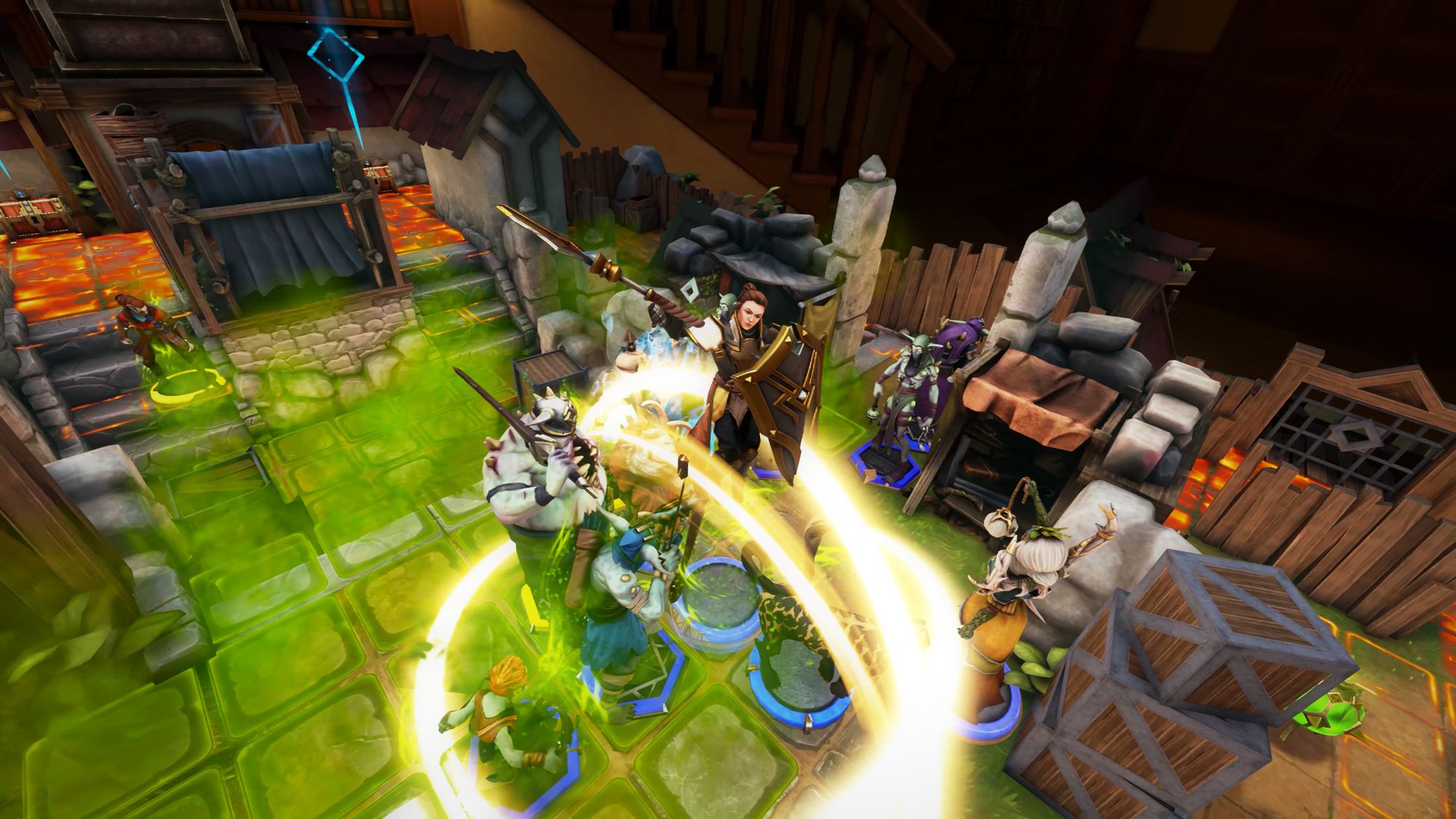
Progression and Structure
This highlights the tricky position that Battles finds itself in. As a gameplay experience, it's engaging and a fantastic option for new players to jump into. However, separating it out from the original Demeo release does create some quirks.
To give the game some progression, only three heroes and three maps are unlocked from the start of Demeo Battles. To unlock more, you'll need to earn experience and keys (the game's form of currency) from playing matches with others or achieving stars in the single player challenges.
Ultimately, the system feels a little underwhelming. The associated menu to unlock new heroes, maps and other cosmetics is hidden away in an unclear part of the UI. It's an uninteresting presentation and feels a little under-baked in the age of post-Fortnite hyper-progression systems.
The obvious point of comparison is Polyarc's Glassbreakers. Itself a competitive spin-off from the studio's successful Moss series, its progression system is far more fleshed out, but also designed to be browsed and explored using physical VR interactions. Everything is a push-able button or a figurine you can pick up – it's a fantastic VR-first interface design that breathes life into the now-rote battle pass structure.
Demeo Battles simply presents players with a dull flat menu and no indication of what to expect once they've unlocked everything on offer. Such a basic system may have worked for Demeo, but expectations are much higher for progression systems in the competitive multiplayer genre.
Glassbreakers is also a free-to-play, live service title. With a clear plan to introduce new heroes, it can be played entirely free (albeit with a longer path to unlock content) and then offers a paid battle pass option for those who want it. The other benefit to this approach is that it entices players in at no cost, giving the player base and queue times a healthy buffer. When a competitive multiplayer game takes the paid route, it also commits to a barrier to entry that might ultimately become a death knell for queue times down the line.
Editor's Note: We've reached out to Resolution Games inquiring about plans and pricing details for post-launch content. We'll update this section if we receive a response.
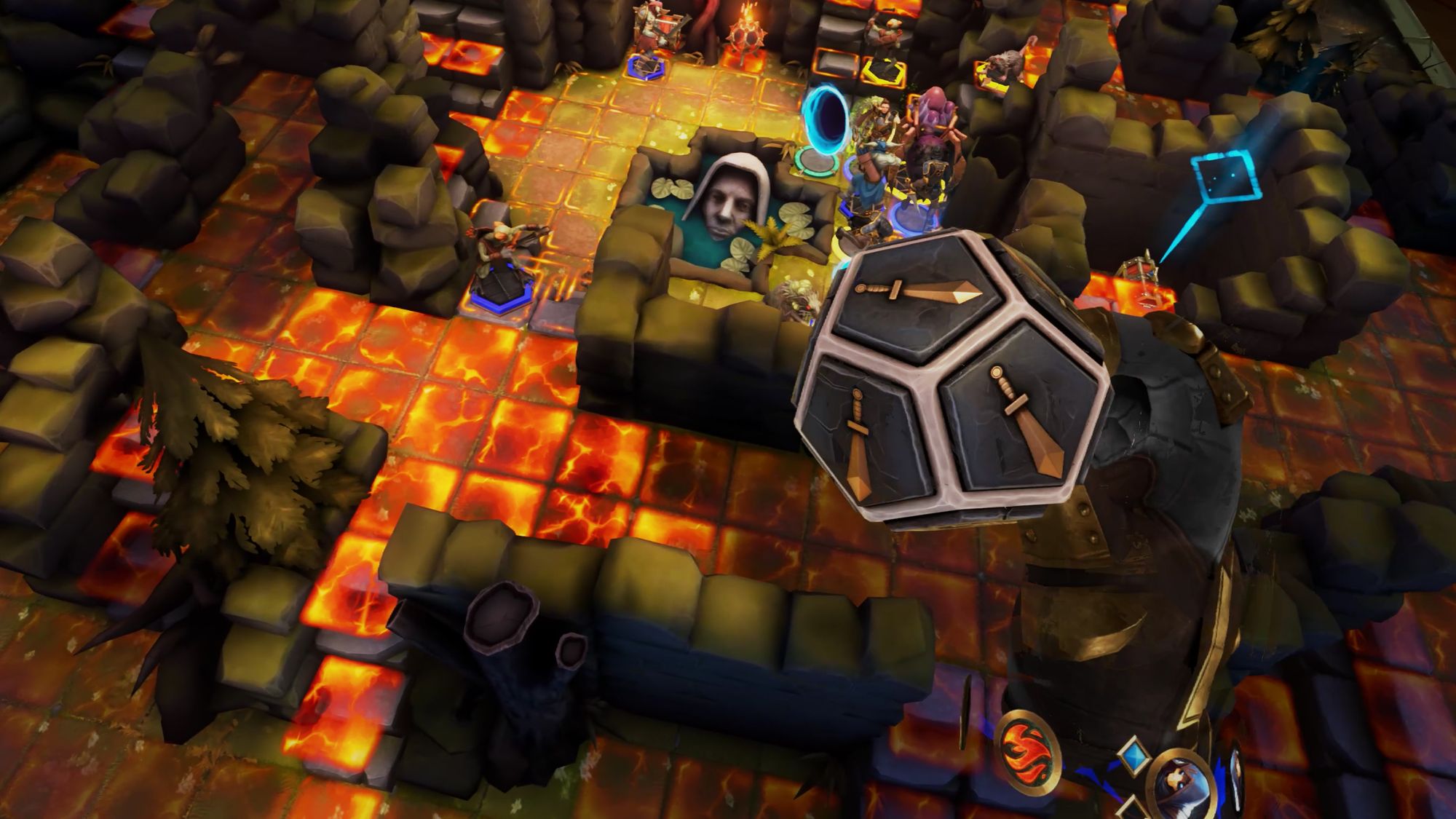
Demeo Battles – Final Verdict
Ultimately though, it's still hard to fault the moment-to-moment gameplay of Demeo Battles. It's a truly engaging new format that builds off Demeo's spectacular foundation and presents an entry that is arguably more accessible and even easier to recommend than Demeo itself. When friends are over for a VR night, I'll now be opting to jump into some Battles matches over a full Demeo campaign every time.
The progression system is underwhelming and there's questions on how Battles sustains its audience and where the game goes from here. That said, we had similar questions about Demeo when it released, and look where that ended up.
Despite that, we can only judge a game based on what's on offer now, not what's to come. With Demeo Battles, Resolution Games offers players a truly enjoyable competitive experience in its own right. The table is set for that to grow into something even bigger and better, just as it did with Demeo. But for now, come take a seat, roll the dice and get immersed in another iteration of an already sublime social VR experience.

UploadVR uses a 5-Star rating system for our game reviews – you can read a breakdown of each star rating in our review guidelines.

